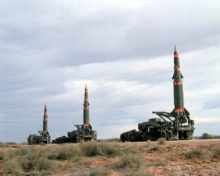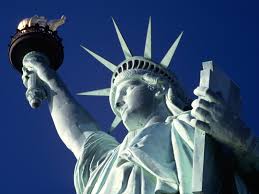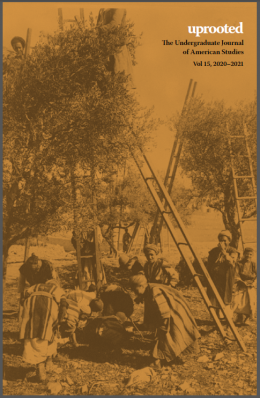At the heart of American nuclear power lies a paradox: Although the United States participated in and propelled a nuclear arms race, no other country has expended more resources in seeking to limit the proliferation of nuclear weapons. Why did the United States pour energy into arms control, disarmament, and non-proliferation agreements, in an effort to limit the very weapons it relied upon so heavily? Why does it continue this pattern today?
Timothy Andrews Sayle, the CSUS Bissell-Heyd Research Faculty Fellow, has convened a symposium to discuss and explore the past, present, and future of U.S. nuclear proliferation and non-proliferation policy. Historians, political scientists, and practitioners will explore American policy over time and place, including discussion of U.S. non-proliferation policy in NATO, the United Nations, and in key regional areas: the Middle East, South Asia, and the Korean Peninsula.
The symposium takes place on April 12, 2018. There are two separate registration lists for this event: (i) Morning Symposium, and (ii) Afternoon Keynote presentation. Registration is now open for both.
Morning Symposium, 8:30am – 12:45pm: Please click here to register and more info.
Afternoon Keynote, 3:00pm – 4:30pm: Please click here to register and for more info.
MORNING SYMPOSIUM:
8:30am-9:00am Registration and Coffee
9:00am-10:45am Panel 1: Institutions
- Katie Davis, UofT, “How Does it All Add Up?: Nuclear Proliferation and the United Nations, 1946-1949.”
- Susie Colbourn, UofT, “Nuclear Sharing, Non-Proliferation, and the Dilemmas of NATO’s Nuclear Guarantee.”
- Amb. Paul Meyer, Simons Foundation, “The Canadian Government’s Reaction to the Nuclear Weapon Prohibition Treaty.”
- Prof. Tom Nichols, Naval War College, “Back to the USSR?: America’s Bilateral Dilemmas.”
10:45am-11:15am Coffee Break
11:15am-12:45pm Panel 2: Regions
- Prof. Jayita Sarkar, Boston University, “Nuclear Dominoes in Asia: Tarapur, the Chinese Explosion, and India’s Plutonium Plant, 1961-1964.”
- Dr. John S. Park, Harvard University, “The North Korean Nuclear Crisis – Are We Headed Toward a Second Korean War?”
- Dr. Farzan Sabet, Graduate Institute Geneva, “The Other Iran Nuclear Negotiations: U.S.- Iran Nuclear Negotiations under Jimmy Carter, 1977-78.”
AFTERNOON KEYNOTE:
3:00pm-4:30pm Keynote
- Prof. Francis J. Gavin, Giovanni Agnelli Distinguished Professor and Director, Henry A. Kissinger Center for Global Affairs, Johns Hopkins School of Advanced International Studies, “Rethinking the Nuclear Revolution and American Grand Strategy.”
.
(Photo credit: National Archives and Records Administration)


